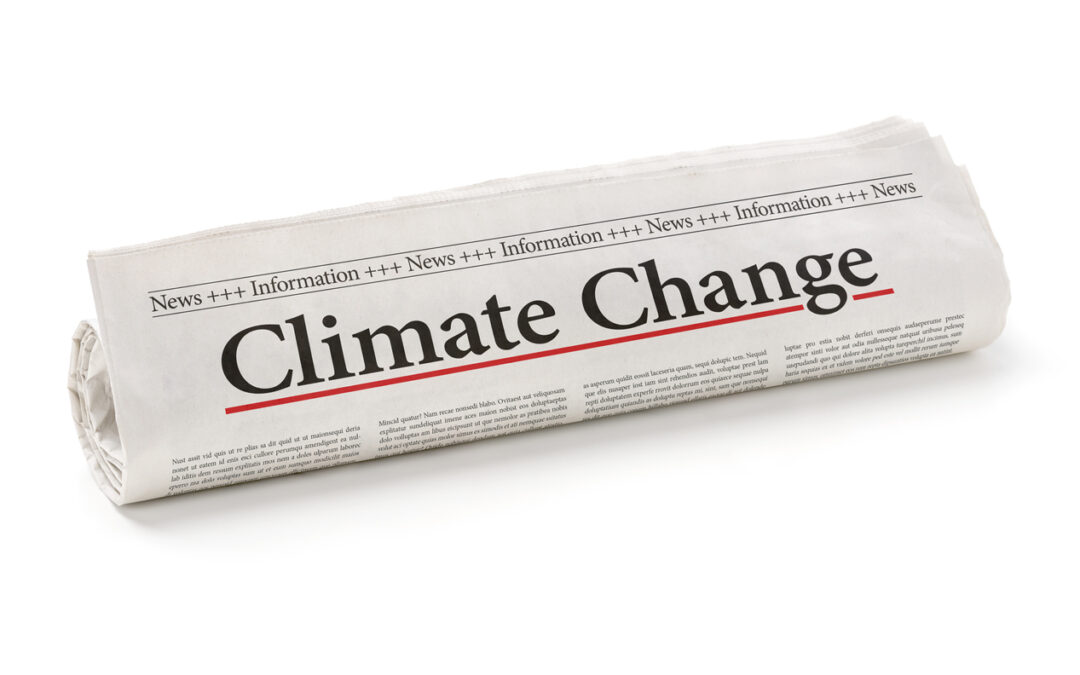A (non-comprehensive and quite random) list of climate change, climate policy and environmental justice stories from the past week.
Climate Risks Loom Over Panama Canal, a Vital Global Trade Link. Lack of rain and changing weather patterns are slowing the ship traffic that moves goods around the world. (read the full story here)
A First Look From NASA’s New Air Pollution Satellite. A new mission will provide hourly updates of air quality in the United States (read the full story here)
As Companies Eye Massive Lithium Deposits in California’s Salton Sea, Locals Anticipate a Mixed Bag. Frontline communities in Lithium Valley are cautiously optimistic about the economic potential, but are also concerned about the health and environmental issues mining could create. (read the full story here)
Carbon Offsets to Reduce Deforestation Are Significantly Overestimating Their Impact, a New Study Finds. A study in six countries across three continents finds that most carbon offsets aimed at avoiding deforestation are failing to keep forests standing or cut atmospheric greenhouse gases. (read the full story here)
Texas Permits Lignite Mine Expansion Despite Water Worries. The state has issued only two new coal mining permits in 10 years, both to a company with a controversial environmental legacy that has locals concerned toxic ash could contaminate drinking water. (read the full story here)
Federal Regulators Raise Safety Concerns Over Mountain Valley Pipeline in Formal Notice. The notice came as a federal court dismissed three lawsuits that challenged permits for the pipeline following a directive by lawmakers to fast track its completion. (read the full story here)
South-east Australia marine heatwave forecast to be literally off the scale. Australia’s south-east could be in for a marine heatwave that is literally off the scale, raising the prospect of significant losses in fishing and aquaculture. The Bureau of Meteorology has forecast a patch of the Tasman Sea off Tasmania and Victoria could be at least 2.5C above average from September to February, and it could get hotter. (read the full story here)
After America’s summer of extreme weather, ‘next year may well be worse’. A freakish season of record temperatures, wildfire smoke and the destruction of Lahaina could soon become normal, climate experts say. (read the full story here)
Electric car revolution puts Native communities at risk. Conditions are ripe for an accelerated transition to electric vehicle (EV) use in the United States. The Biden-Harris administration has set a target that 50 percent of newly purchased cars in 2030 be electric. In addition, the Inflation Reduction Act of 2022 provides significant tax incentives for purchasing electric vehicles and for companies that produce them. (read the full story here)
Study identifies disparities in testing and treating well water among low-income, BIPOC households in NC. A new study published in Environmental Justice by researchers at the University of North Carolina at Chapel Hill found that private well testing and treatment levels were significantly predicted by race and income, even though high levels of contamination were equally distributed across the research areas. (read the full story here)

